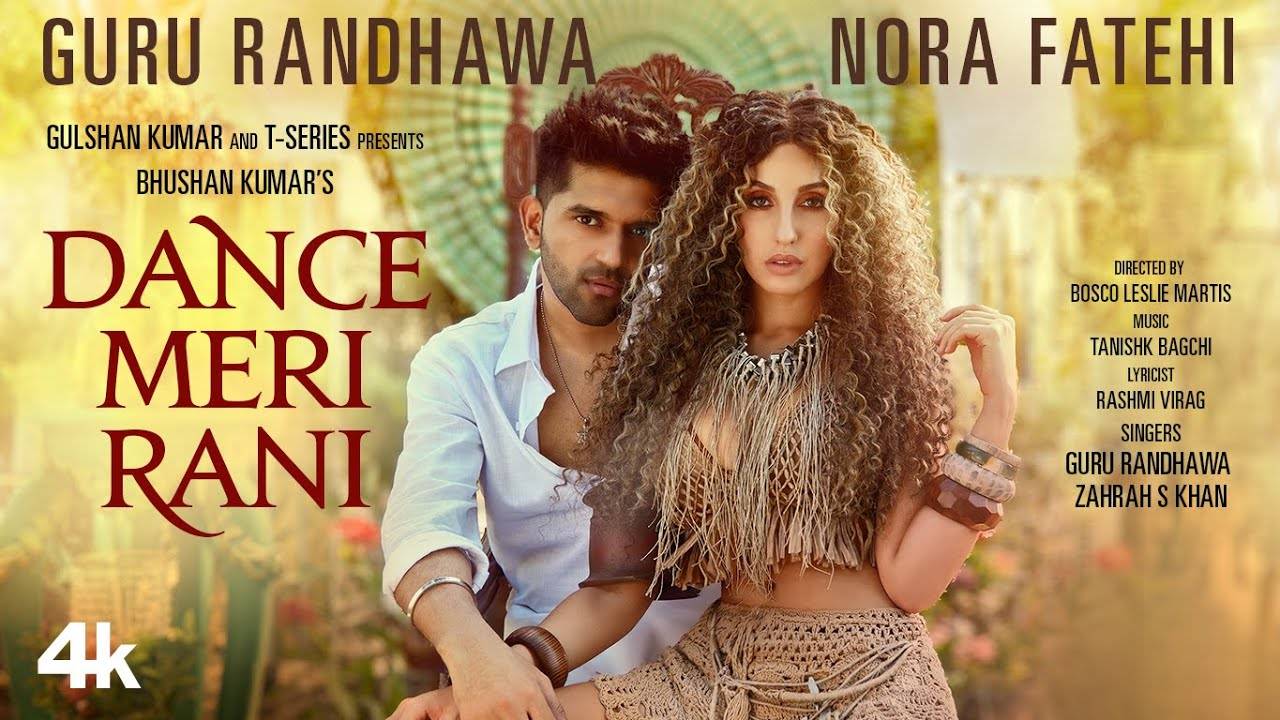
New people bring in new and different perspectives too,” he had said. This not only improves the quality, but it also gives new talent a chance to showcase their work.

The process requires a lot of time and commitment. They can’t wait for one single director to sit and create six hit songs. “Many people, like me, are making multiple films simultaneously. Back in 2016, in an interview with Hindustan Times, Bhushan Kumar, T Series’ owner, had spoken in favour of the trend. The new format, however, seems to be working. We preferably also do the background score, but even if that’s not there, at least the songs,” Mahadevan had said in an interview explaining why the trio bowed out of the project. There’s got to be a creative thread that joins all the songs. “We are not comfortable doing that because we feel one composer retains the identity of the film. In 2019, popular music-composing trio, Shankar-Ehsaan-Loy, withdrew as composers from the film ‘Saaho’ starring Prabhas and Shraddha Kapoor, because they were “not comfortable” with the idea of working with multiple composers.

He is not the only one belonging to that school. Pritam belongs to the school of thought which believes that a film’s album should be composed by just one person, and is not a “big fan of” of the current trend where filmmakers hire different composers, to create songs according to situations in films. Even if people listen to different music, film music will always remain an integral part of it. Despite the popularity of non-film and independent music, the love for film music remains intact. His track ‘Shayad’, sung by Arijit Singh for the film ‘Love Aaj Kal 2’ was the most streamed song for the last two years, in the country.

Pritam and his music has been the most listened to, on various streaming platforms. You see film industries of other languages celebrating their music as well, and they have found a way to include them as well,” adds Pritam who has been working in the Hindi film industry as a composer for nearly two decades. “I think we need to celebrate every song, every musical note. It is a part of an identity,” says composer Pritam, who lives and breathes film music. “That has always been the case with our films.

Music is such an important feature in Indian cinema, that even cinema connoisseurs in the West associate films in India with song and dance. Music has been an important feature in Indian cinema, and storytelling, where through song and dance, makers have created parallel worlds, taken the audiences to flashbacks and explained the ideas of a romantic date.


 0 kommentar(er)
0 kommentar(er)
